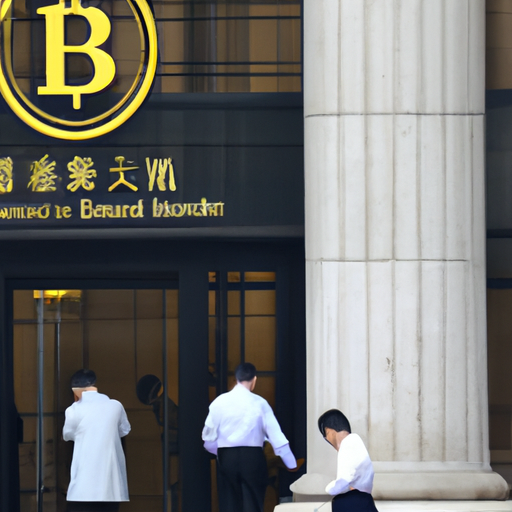The U.S. Securities and Exchange Commission (SEC) recently filed a lawsuit against Binance, its U.S.-based affiliate BAM Trading, and their founder, Changpeng “CZ” Zhao. The lawsuit alleges that Binance unlawfully provided unregistered securities to the public, specifically the BNB token and Binance-linked BUSD stablecoin. Additionally, the suit alleges that Binance’s staking service violated securities laws.
Serious Allegations by SEC
The SEC accused Binance of facilitating trading for U.S. persons while concealing their efforts to enable valuable U.S. customers to continue trading on the platform. The lawsuit also states that upon the launch of the Binance.US platform in 2019, CZ instructed Binance to covertly aid certain high-value U.S. customers in bypassing controls designed to prevent them from accessing the platform.
Furthermore, entities like Merit Peak Limited and Sigma Chain, associated with CZ, reportedly had access to billions of dollars of customer funds. The SEC disclosed that Sigma Chain used customer funds to purchase an $11 million yacht.
Response to Regulatory Concerns
Binance employees were found discussing methods to enable U.S. customers to trade on binance.com despite claims stating otherwise. The SEC raised concerns about Binance having access to wallets, assets, custody tools, and private keys belonging to Binance.US.
Moreover, the regulator claimed that market makers like Merit Peak and Sigma Chain were engaged by Binance.US to artificially boost trading volume on their platform.
Previous Allegations
The SEC lawsuit builds upon previous allegations made by another U.S. regulator Commodity Futures Trading Commission (CFTC) in March this year accusing Binance of knowingly providing unregistered cryptocurrency derivatives products in violation of federal laws.
Legal Remedies and Penalties Sought by SEC
The SEC has filed a motion to halt Binance, Binance.US, and “all respective agents” from further violations of federal laws. Furthermore, the SEC aims to prevent CZ from serving as an officer or director of any securities issuer.
According to Gurbir S. Grewal, Binance platforms engaged in multiple unregistered offerings while neglecting mandatory registration.
Market Response to the Lawsuit
Despite the lawsuit against Binance and CZ, the crypto markets showed no signs of slowing down on Tuesday. Data obtained from Nansen.ai reveals that over a 24-hour period, there were outflows totaling $719 million from Binance across all protocols.
Although net outflows continued unabated, data from Nansen indicates that Binance’s stablecoin balance remains robust with holdings totaling slightly above $8 billion.
The long-term impact of the SEC lawsuit on Binance and the broader cryptocurrency market remains uncertain. It highlights the increasing regulatory scrutiny faced by crypto exchanges and the need for compliance with securities laws.

